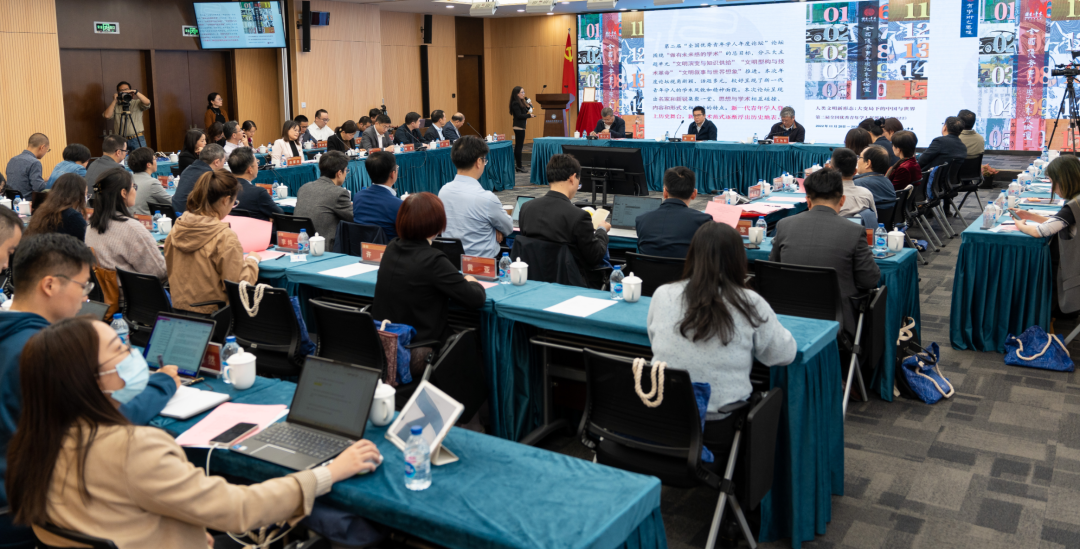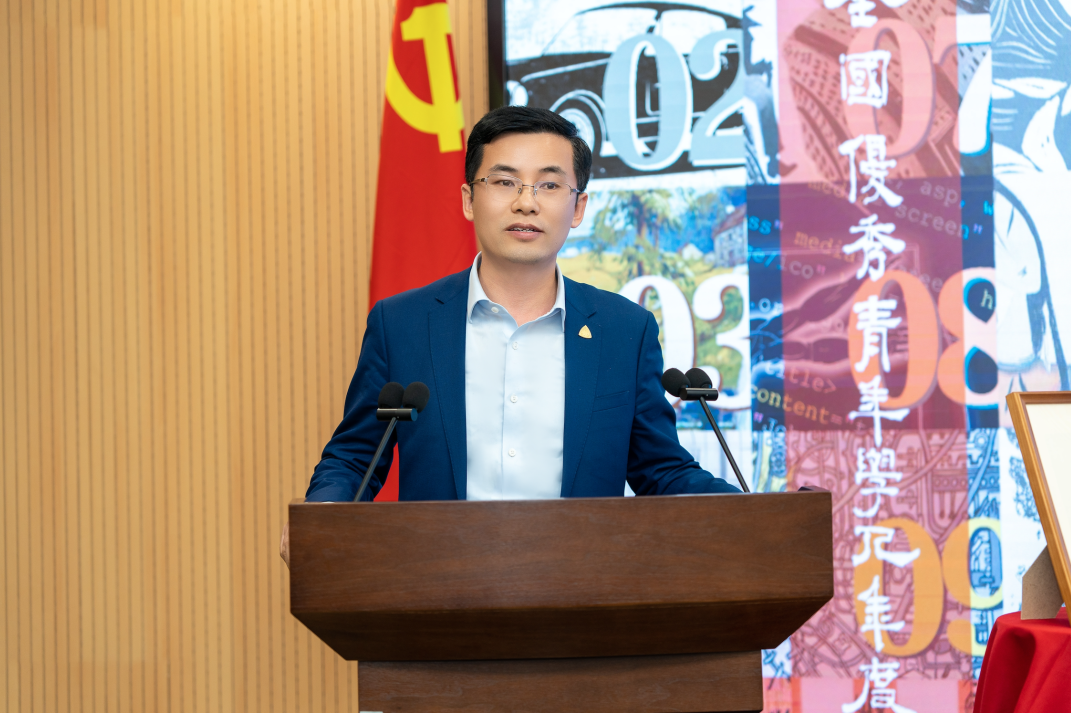Qu Wensheng: From extraterritorial jurisdiction to extraterritorial regulation, a discussion of jurisdiction theory

The First Shanghai Social Science Youth Wangdao Forum 2022, which was sponsored by Shanghai Social Science Center affiliated to Shanghai Federation of Social Science Associations and hosted by the Editorial Department of Exploration and Free Views, was held in Shanghai. The forum was attended by 300 people, on line or off line.

Prof. Qu Wensheng, dean of the Graduate School of East China University of Political Science and Law, delivered a speech with the title: From extraterritorial jurisdiction to extraterritorial regulation, a discussion of jurisdiction theory.
A Young Changjiang Scholar of the Ministry of Education, Prof. Qu Wensheng started his speech with the so-called “Age of Discovery” and introduced the historical significance of the Treaty of Tordesillas and the Treaty of Westphalia. The former was the beginning of the effort, between Spain and Portugal, to define national boundaries and establish a world order. It addresses not only the ownership of lands and islands but also the problem of extraterritorial jurisdiction. The latter reduced the power of the Pope over divine and secular affairs, prepared the elements such as sovereignty and European international law applicable to “civilized countries” for the establishment of the global order in the subsequent centuries, and thereby attempted a “territorial order”. However, the territorial order was not fully established at that time, and the unilateral extraterritorial jurisdiction in the colonial era is just a notable example.
The colonizing countries represented by the United Kingdom destroyed the territorial order and extended their jurisdiction beyond the scope of sovereignty to make the two orders coexist in the colonial era: the Westphalian order and the imperial order. Unilateral extraterritorial jurisdiction is an institutional arrangement that undercuts the territorial order, and it was a preemptive and presumptive system in semi-colonized countries and regions that made the overseas residents of a country free from the jurisdiction of the host country.
After World War II, an international legal order based on the Charter of the United Nations was formed. However, the United States often ignores the current international legal order and unilaterally carries out the so-called “long-arm jurisdiction”. After the mid-20th century, the expansion of capital and the increase of cross-border economic activities seemingly made “borders” no longer important in some fields. Thus, in the disputes over antitrust, trade, and security exchanges, the American courts realized that strict territorialism was out of date, and then sought another extraterritorial regulation system to regulate extraterritorial acts and extend jurisdiction. The practice of the United States runs counter to the contemporary international law, international order and WTO rules established on the basis of the Charter of the United Nations after the World War II. Consequently two parallel orders, the contemporary international legal order and a unilateralist order, now coexist.
Prof. Qu Wensheng argued that reexamining the jurisdictional arrangements of international law over the past 500 years has significance for the study on blocking and countering the legal system of “long-arm jurisdiction”. Extraterritorial jurisdiction and extraterritorial application of laws should not be monopolized by a few countries. He proposed the theory of “community jurisdiction”, under which the authority of individual countries should be replaced with the power of a whole community, such as one made up of the countries along the Belt and Road. The community itself has no fixed boundaries, but it does not mean that there are no national borders. The legal order under the community with a shared future for mankind is certainly not a unipolar order. In Qu’s view, the world order should be based on the advancement of global governance for common gains, participation and collaboration, and strive to promote the legalization of international relations.

